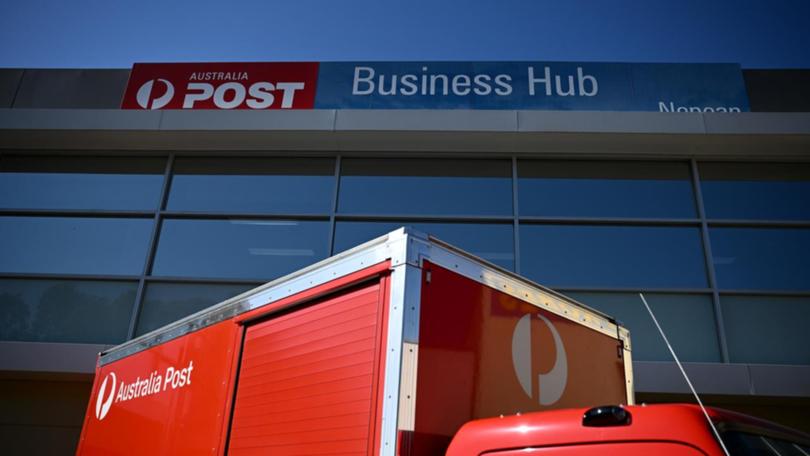Australia Post: Warning issued to Australians amid sophisticated phishing scam impersonates postal giant
An urgent warning has been issued following a new wave of scam messages, impersonating Australia Post.

Australians are being urged to be on alert as a sophisticated scam is circulating in text messages and emails, impersonating one of the country’s largest organisations.
Dubbed “Darcula”, the phishing scam sends out fraudulent messages claiming that a delivery from Australia Post failed due to an invalid postcode.
It lures recipients into clicking malicious links, designed to steal personal information.
Sign up to The Nightly's newsletters.
Get the first look at the digital newspaper, curated daily stories and breaking headlines delivered to your inbox.
By continuing you agree to our Terms and Privacy Policy.The scam uses advanced techniques to bypass telco and network filters, allowing it to spread over iMessage and Rich Communication Services.
It comes as new data released by the postal giant reveals that more than 90 per cent of Australians have been targeted by scammers in their lifetime.
Meanwhile, 74 per cent of people have reported that scams commonly impersonate shipping and parcel delivery.
This is a worrying statistic, according to Adam Cartwright, chief information security officer at Australia Post.
He said it has never been more important to rely on trusted channels when managing deliveries.
“If you’re expecting a parcel, don’t click on suspicious links or respond to unexpected messages, always check the (AusPost) app first,” he said.
Australians reported close to 250,000 scams last year, with financial losses totalling $318.8 million according to the National Anti-Scam Centre’s Scamwatch service.
Phone scams had the highest overall losses for contact method with $107.2 million reported lost across 2179 reporters.
Australia Post is urging customers to remain vigilant and warn that parcel delivery scams may reference other delivery company names, both real and fake.
Australia Post will never request personal or financial information, such as passwords, credit card details, or account information.
The service will also never contact customers via call, text, or email to ask for payment.
